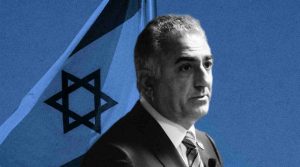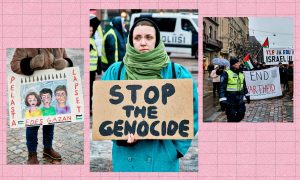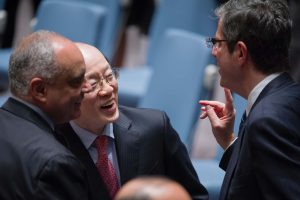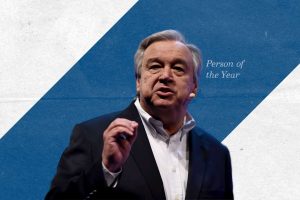Cultural ties fuel German-Turkish diaspora’s support for Erdogan’s autocracy, a paradox threatening to stall Turkey’s progress in the 21st century.
Recep Tayyip Erdogan’s name echoes in Istanbul and Berlin alike. As Turkey’s President, he commands attention and drives conversation in both these distinct locales, exerting an influence that, to many observers, seems paradoxical. Despite being in the heart of Europe, where democracy is a foundational value, Erdogan’s autocratic approach finds a surprisingly receptive audience within a substantial German-Turkish community.
Erdogan’s influence over this diaspora often equals, and at times even outstrips, his hold over his own nation, a conundrum that pushes against traditional ideas about the strength of democracy. But how can an autocratic leader secure such steadfast loyalty from a community residing in one of the world’s most solid democracies?
The Personal and Political Appeal of Erdogan
Recep Tayyip Erdogan has made an indelible imprint on the 21st century. This is a leader who has deftly amalgamated faith, power and political paranoia into a potent and impactful mix. His unique approach to governance has not only reshaped Turkey’s political landscape but also echoed his influence across the Europe.
In a rule that has spanned over two decades, Erdogan’s means of governance is largely defined by the suppression of dissent. His iron-grip strategy, although criticised internationally, has given aspiring autocrats worldwide a blueprint for maintaining power.
Consider the Chamlija Mosque: This Ottoman-inspired architectural marvel rises majestically over Istanbul. It’s the tallest mosque in Turkey and a powerful symbol in Erdogan’s narrative. The four 107.1-meter-high minarets, each marking the Seljuk Turks’ victory over the Byzantine Army in 1071, serve as tangible proof of Erdogan’s adept use of historical narratives to solidify his position.
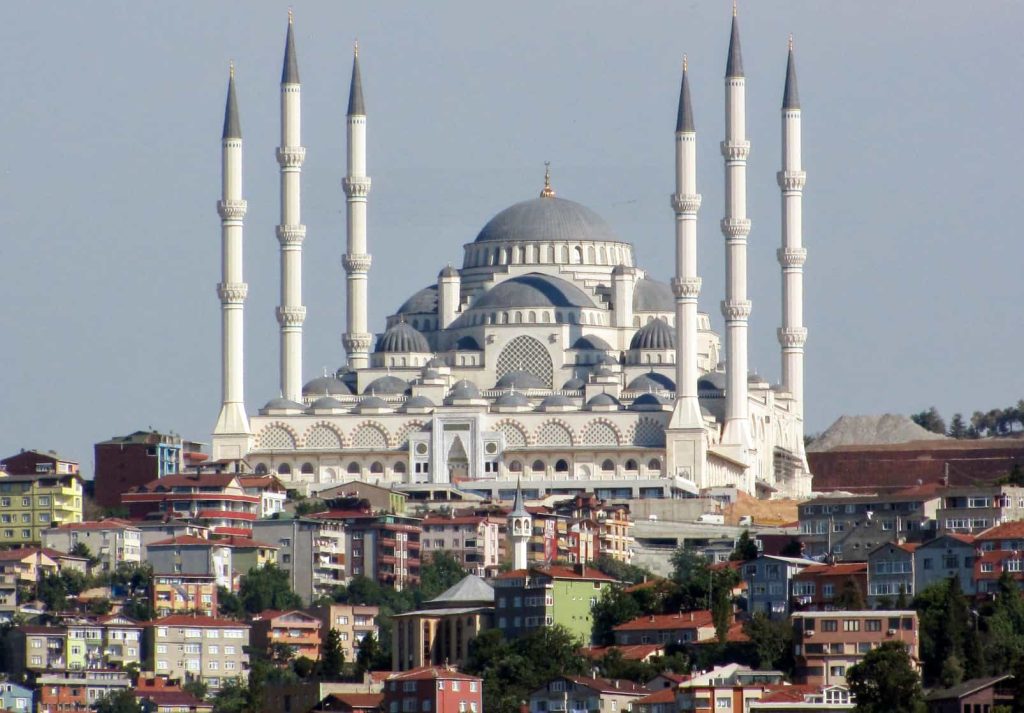
Erdogan has capitalised on Turkey’s rich Ottoman legacy, entwining it with an invigorated sense of Turkish nationalism and a robust Islamic identity. His personal faith is deeply ingrained and visible in both his public and private life, creating an appeal that reaches the hearts of conservative groups at home and abroad.
Erdogan’s charismatic persona unifies the nation, bridging its deeply entrenched social divides. He brings together conservative rural communities and urban middle-class factions under his leadership. As one member of the nationalist opposition privately confides, “We need a Sunni leader like Erdogan – a forceful speaker, an assertive Turkish nationalist, not a Turkish social democrat.”
This influence reaches even the multicultural streets of Berlin, resonating with nearly 2.8 million German-Turks. For example, in the 2017 constitutional referendum, a staggering 63% of German-Turks endorsed Erdogan. This surpassed even the 51% support he secured in his home country. This trend held strong in the 2018 presidential elections, where nearly two-thirds of German-Turks showed their support for Erdogan, while a significantly smaller 52.6% of the population in Turkey voted for his reelection.
Many German-Turks, particularly those hailing from conservative regions like Anatolia, share a strong cultural and religious tie with Turkey. Even though they live in a new country, their core values remain the same. Erdogan’s emphasis on Turkish identity, nationalism and traditional values strikes a chord with those who feel marginalised in their adopted homeland.
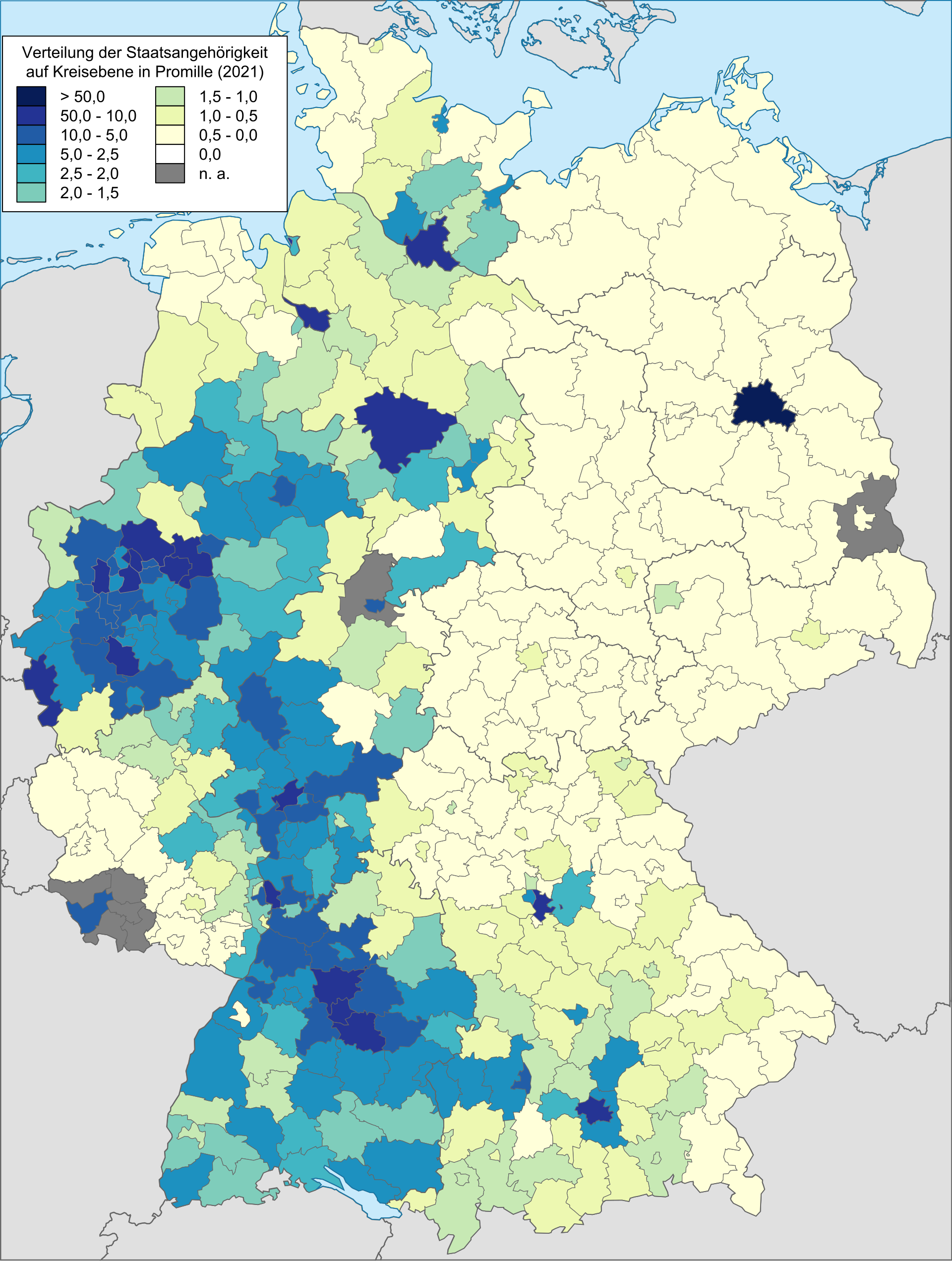
As one Turkish-German community leader points out, “German politicians have largely overlooked the Turks’ integral role in their nation over the past 60 years. Erdogan, however, acknowledges us. He reassures us, ‘No matter where you live or what citizenship you hold, you are one of us.'”
While Erdogan’s personal and political appeal is clear, understanding how these factors play out in a democratic context is crucial. This leads us to a blinding paradox.
The Paradox of Democracy
At the heart of Berlin-Kreuzberg, where the sounds and smells of an Ankara market can be sensed, lies a peculiar paradox. This vibrant neighbourhood, reminiscent of Turkish enclaves, houses a steadfast allegiance to President Recep Tayyip Erdogan, often perceived as an emblem of rising autocracy. Surprisingly, this loyalty stands unwavering in a democratic country, maintained by the large Turkish diaspora that accounted for between 3 to 7 million of Germany’s population in 2015.

Erdogan’s governance, marked by an encroaching autocracy, is an intriguing study in democratic backsliding. His administration’s response to civil unrest, especially during the Gezi Park protests in 2013, has been notoriously severe. What started as a peaceful sit-in morphed into a nationwide protest against Erdogan’s regime, met with a heavy-handed government response leading to eight deaths and thousands of injuries.
The suppression of free speech, another worrisome trend, paints a grim picture of Erdogan’s influence on the media landscape. A chilling illustration of this is the aftermath of the 2016 coup attempt, which sparked sweeping purges against journalists and media outlets critical of his administration. This situation was further exacerbated by the 2017 constitutional referendum, which bolstered Erdogan’s power and transformed Turkey into a presidential republic.
Despite international concerns over these actions, Erdogan continues to garner steadfast support from the Turkish-German community, particularly in urban regions such as North Rhine-Westphalia, Baden-Württemberg, Berlin, Hamburg and Bremen.
Ali, a café owner in Kreuzberg, extols the stability and economic prosperity during Erdogan’s reign, remembering with nostalgia when the Turkish Lira was a symbol of national pride. This sentiment is echoed by many others who staunchly back Erdogan and his Justice and Development party (AKP).
Despite living in the heart of Germany’s liberal democracy, which upholds fundamental rights, the majority of German-Turks participating in the 2023 Turkish elections favoured Erdogan. The support he received even exceeded his domestic backing in Turkey.
As cultural ties and shared national identity often eclipse political ideologies, the German-Turks maintain a deep connection to their ‘home country’. However, a noticeable gap in their understanding of Turkey’s current realities under Erdogan’s rule exists. Zeynep, a young Berlin resident, admits that her favourable view of Erdogan is largely shaped by her grandparents’ stories and her summer vacations spent in Turkey.
Herzaman yanındayız sayın Cumhurbaşkanım 🇹🇷🤲🏻 @RTErdogan pic.twitter.com/vtratfUPdi
— Mesut Özil (@M10) May 12, 2023
The Turkish diaspora in Germany significantly influences political attitudes within the community and in relation to the broader German society. The election results favouring Erdogan underscore this impact. They are not merely a reflection of party or leader preference but are firmly rooted in the enduring conservative values of immigrants from rural Turkey.
Understanding this paradox requires a nuanced exploration of the complex interplay between identity, perception, and information. A cocktail of nostalgia, misinformation and a deep sense of belonging in a nation that champions freedom and democracy forms an intriguing, albeit confusing, paradox.
The Impact of Turkish-German Political Choices
The Turkish diaspora in Germany profoundly influences the political landscape in Ankara. A striking example of this influence was the 2017 referendum. This significant vote transitioned Turkey’s parliamentary system into an executive presidency, eliminated the role of prime minister and provided Erdogan with far-reaching legislative and judicial powers.
The diaspora in Germany, a vital constituency in this transformation, largely backed Erdogan’s proposed changes. Over 63% cast a “yes” vote, leading to a decision that steered Turkey towards autocracy. This strong endorsement from German-Turks had an impact that extended beyond the Bosporus, creating disillusionment among some Turkish citizens.
Currently, the Turkish diaspora in Germany, both influential and rapidly growing, officially stands at around 1.5 million. However, when considering those of partial Turkish descent and Turkish citizens, this number swells to up to 7 million. This distinctive demographic combines German efficiency and Turkish resilience.
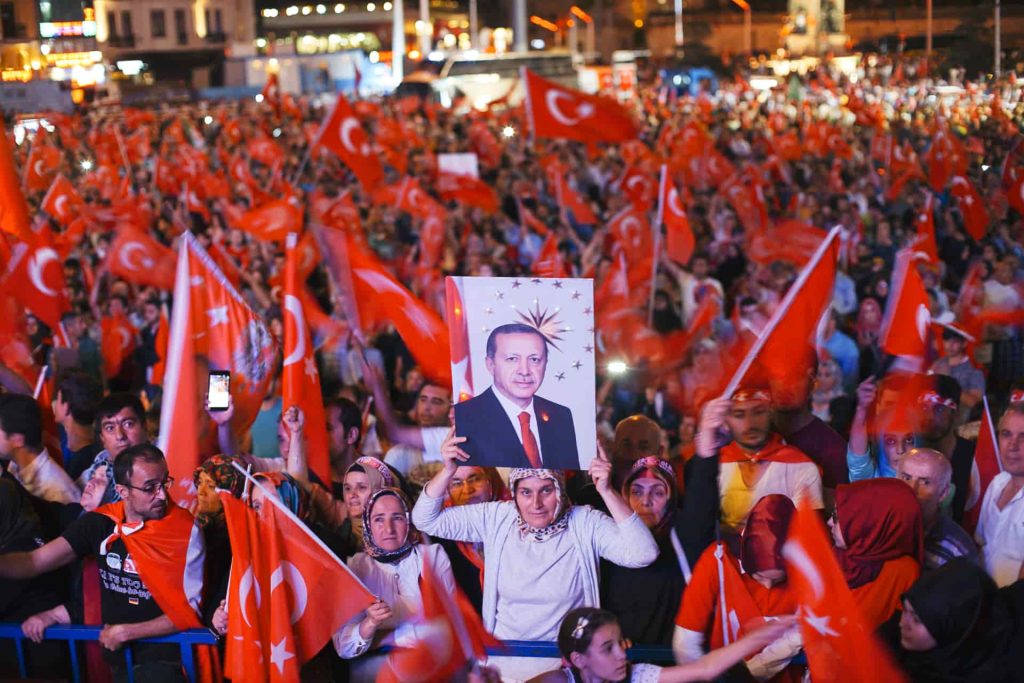
Their bond with Turkey spans beyond geographical constraints, solidified by cultural ties, economic contributions, and political allegiances. The economic bond is particularly impactful, with annual remittances from Germany to Turkey reaching into the billions of euros. Yet, the shifting political allegiance of the diaspora may threaten Erdogan’s iron grip.
The political leanings of the German-Turks significantly mould the future course of Turkey. Their enduring support for Erdogan sustains a regime often criticised for its approach to human rights. Freedom of expression, assembly, and association should be prioritised, along with the rights of marginalised groups, including the Kurdish population, women, and the LGBTQ+ community.
Press freedom remains another concern exacerbated by the diaspora’s support for Erdogan’s regime. Continuous purges against dissenting journalists and media outlets have dampened the spirit of a free press, an issue demanding urgent rectification.
In the economic sphere, Erdogan’s pledge of stability and prosperity should not overshadow the need for comprehensive reforms. Greater transparency, a more welcoming business environment, and a focus on innovation and entrepreneurship could foster Turkey’s integration with Western economies and fuel economic growth.
Yet, as the political terrain of Turkey ebbs and flows, so too will the relationship between Erdogan and the German-Turkish diaspora. The future, shadowed by uncertainty, unfolds a plethora of possibilities: Will the growth of the diaspora parallel a decline in support for Erdogan, thereby diluting his influence? Or will a strengthened bond paradoxically amplify admiration for an autocratic leader in the heart of a democratic society?
Regardless of what lies ahead, one certainty remains: the symbiotic relationship between the German-Turks and their homeland will persist in shaping, and being shaped by, the geopolitical dynamics of both Germany and Turkey. Their voices, expressed through each vote, resonate from Europe’s heart to Asia’s doorstep, ultimately determining the destiny of those who have borne the brunt of Erdogan’s rule, including journalists, women, the LGBTQ+ community, Kurds, and countless others.





